Data Science Using Python Course







Data Science Using Python Certification Course
What will I learn?
- Core concepts like variables, data types, loops, and functions. Writing clean and efficient Python code.
- Use Python and its libraries to collect, clean, and preprocess data.
- Perform exploratory data analysis (EDA) and visualize data effectively.
- Implement statistical analyses and hypothesis testing.
- Build and evaluate machine learning models using Python.
- Apply deep learning techniques for advanced data analysis.
Requirements
- Basic programming knowledge (preferably in Python)
- Familiarity with fundamental statistical concepts
Data Science Using Python Course Content
Create and manipulate Series, filter data, perform sorting, ranking, and combine multiple series.
Learn distance metrics, how KNN works, and implement the algorithm in simple classification tasks
- Problem Definition: Define goals and scope.
- Data Collection: Gather and validate relevant datasets.
- Data Cleaning: Fix missing data, outliers, and normalize where needed.
- EDA: Use plots and statistics to understand data.
- Feature Engineering: Create and refine inputs for the model.
- Model Selection: Choose the best algorithm for the task.
- Training: Split, train, and tune the model.
- Evaluation: Assess model using appropriate metrics.
- Deployment: Serve the model using frameworks like Flask/FastAPI.
- Reporting: Document approach and share insights via reports/dashboards.
- Maintenance: Monitor, retrain, and enhance models over time.
Get in touch
400+ Global Employment Partners


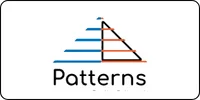





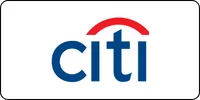

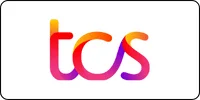


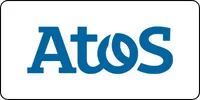

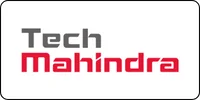
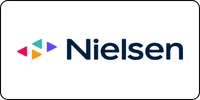


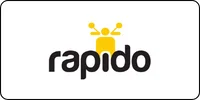



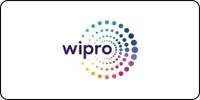
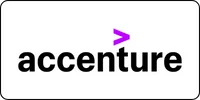






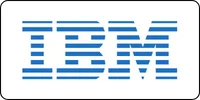
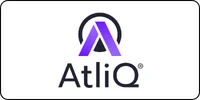
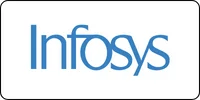

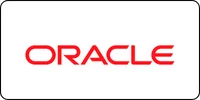
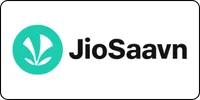


Why Choose Data Science Using Python Programming Certification Course from Bright Computer Education?

Designed Curriculum
Our curriculum covers everything from basic to advanced topics. Topics include variables, data types, control structures, functions, OOP, STL, and more.

Hands-on Learning
Dive into practical exercises and coding projects that reinforce learning and help you build real-world applications.

Experienced Instructors
Learn from industry experts with years of experience in C programming and software development.
Flexible Learning
Choose from flexible scheduling options, including self-paced learning or live virtual classes to fit your busy lifestyle.
Career Development
Gain valuable skills sought after by employers in various industries, from software development to embedded systems and beyond.
Interactive Learning
Engage with fellow learners and instructors through live Q&A sessions, discussion forums, and collaborative coding exercises.
Diverse Career Opportunities in Data Science Using Python Programming: Exploring Paths in India's Technology Sector
Frequently Asked Questions
Recently View Courses
Course Details Curriculum Placement FAQ’s Deep Learning Certification Course The Deep Learning Certification Course...
Read MoreCourse Details Curriculum Placement FAQ’s Data Structures & Algorithms Certification Course Master the foundation...
Read MoreCourse Details Curriculum Placement FAQ’s Generative AI certification course Step into the rapidly evolving...
Read More
